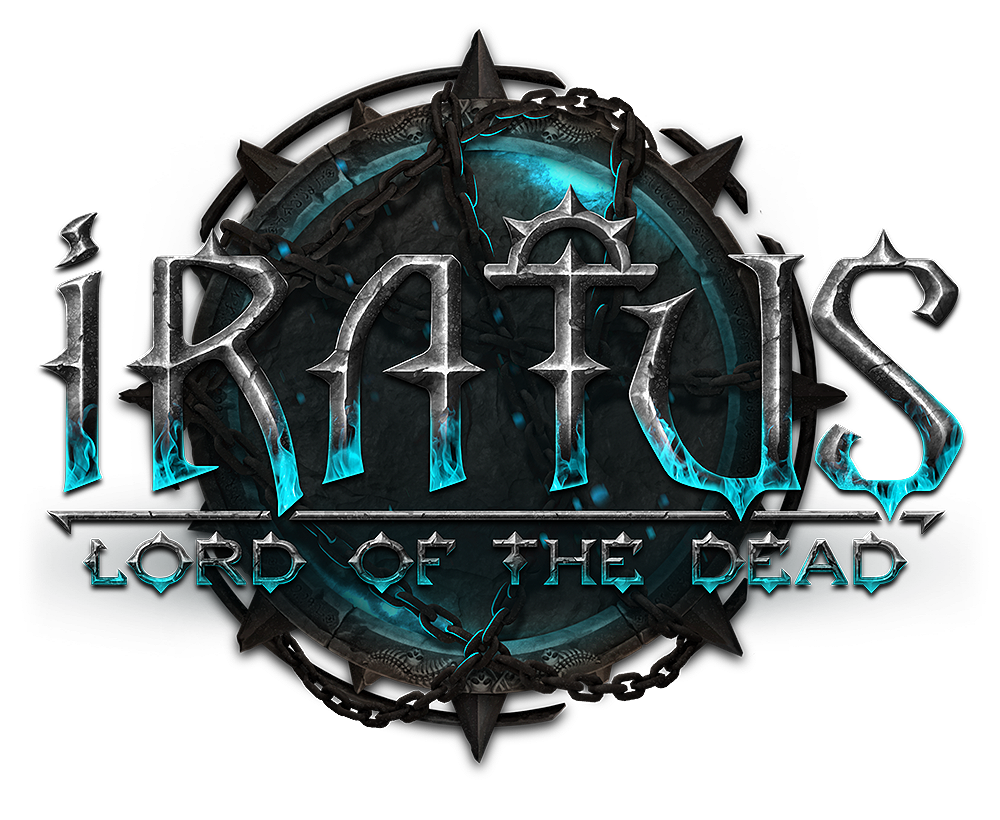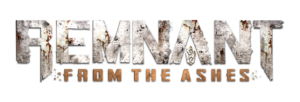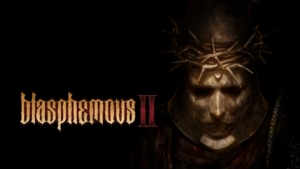‘Iratus: Lord of the Dead’ – PC Review
4 min read
Iratus: Lord of the Dead, developed by Unfrozen and published by Daedalic Entertainment, is a turn-based RPG that utilizes tactics and roguelike elements. The player takes up a role as Iratus, a necromancer. He was defeated during his last conquest of the world and has now returned to try again. With help from a variety of undead minions, Iratus will traverse dungeons, the mines of dwarves, the world of elves and men, while the player decides which path he will choose and how his minions will serve him best.
Iratus is capable of creating up to eighteen variations of undead minions, from his beloved Bride that wields a bow, to a Skeleton with a broken sword, a Mummy that casts a curse, even a Lich or Bone Golem. All minions are made with parts, can be instantly leveled up by using a brain, and can have artifacts added to them to make them stronger. Parts are available in common, uncommon, rare, and ultra rare variety (white, green, blue, and purple), and are dropped after battles or found by minions that work in the Graveyard. Artifacts are about the same, but can also be found in special areas on the map in treasure chests. Iratus can also gain benefits from artifacts. He has four permanent artifact slots and one that is destroyed after the battle. This is where the complexity level begins to shine.
With five large maps for Iratus to ascend through on his way to power, each one with multiple paths and random encounters at each step, the minions will have plenty of time to either level up or die. Leveling up, either for Iratus or the minions, means earning points to spend on abilities and traits. Some encounters require decisions being made by Iratus, you, to either engage in battle or find an alternate route, and sometimes convincing undead to join you. Much like in a role playing game the outcome seems to depend on an invisible dice roll. There are fountains scattered throughout that you can choose to increase minion’s or Iratus’s experience, or to restore Vigor, minion’s health, or Mana to Iratus. The map also contains battles, and hovering over the battle will give you pictures to identify what enemies you will face to better prepare, though this will depend on if the player has defeated them previously – without them escaping – to add them to the Humonarium. Enemies will include variations of dwarves, humans, and golems, some wielding magic, bombs, melee weapons, or ranged weapons.
All of this combined is what gives Iratus the epic strategy challenge gamers will crave. This game goes one step further in giving us a tactic to consider. Character position. The minions are arranged in groups of four from front to back, and the abilities they can use is also determined by which position they stand in. This can also change at random from enemy attacks, on purpose through the player’s attacks or by Iratus. Hundreds if not thousands of combinations await players to explore, but the enemy will boast the same. The player will easily find a set of minions with specific abilities and stats that fit their particular play style, but it will be important to experiment. Iratus is not all about a preferred style but what combination of skills and artifacts can easily wipe out an opponent, especially on the higher difficulties or when gearing up for the boss at the end of the map.
The characters are creatively designed to resemble a basic fantasy creature that is easily recognizable, and made with clean graphics. They each have a unique resting movement to them, their own voices for grunts, and attack animations. My favorite must be Iratus with hands spread apart over the map, glaring with glowing orange eyes at you. This gives off the strong impression that the player has taken over and is involved in the strategizing of world conquest. Iratus is voiced by Stephen Weyte who deserves recognition for his fantastic job in bringing this evil and sadistic character to life. While this game may not boast a plentiful array of background music, it more than makes up for that with Iratus’s dark and witty comments that occur while customizing/upgrading minions and during the battles themselves. Minions also have their own blurbs of text to accompany attacks they deal or receive, which adds to the fun.
All of the minions are able to be renamed but I must warn you against becoming attached. Forget to plan ahead and you might lose your favorite minion with the super rare artifacts and nearly maxed out on all traits. After all, your undead minions are only for your entertainment, Lord of the Dead, so just make a new Bride when this one dies. Iratus is compelling and difficult to quit once started. Just one more battle can easily turn into five if you’re on a winning streak, or an absolute bout of frustration where you just can’t quit until you win.



